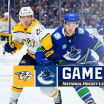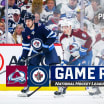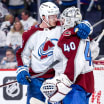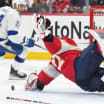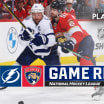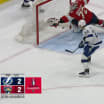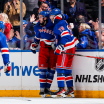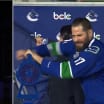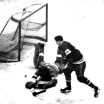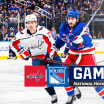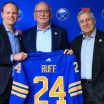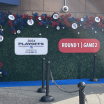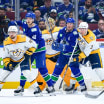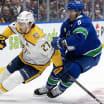"My two sons and my oldest son's girlfriend are here living with us right now, so the five of us will plan dinner," he said. "We all cook together, often open a nice bottle of wine. They're all adults, so we get to enjoy that. There are some advantages to this virus -- very few of them -- but the one is family time. We've sat around and talked and told stories, we've played cards, we've played board games, stuff I can guarantee you we wouldn't have found the time to do as a family. So there are those advantages, but the sooner everybody can get healthy and we move on with a normal world, the better it is for myself and my family."
